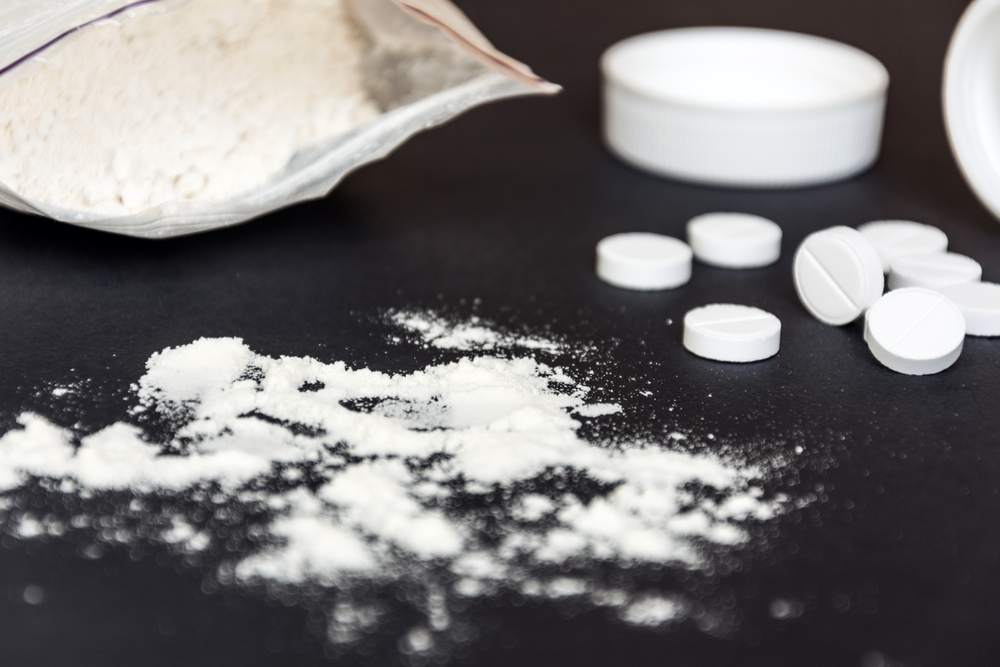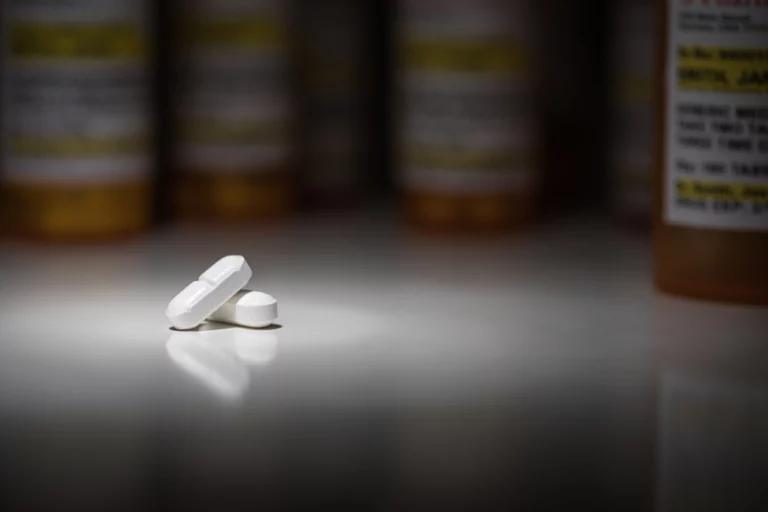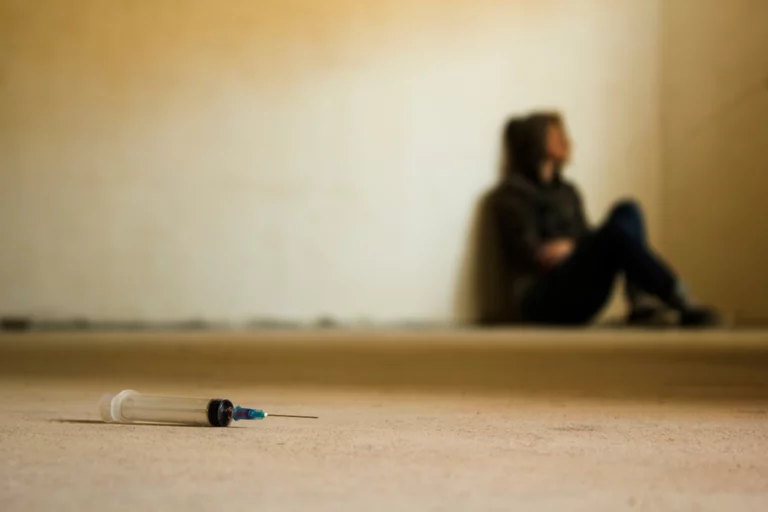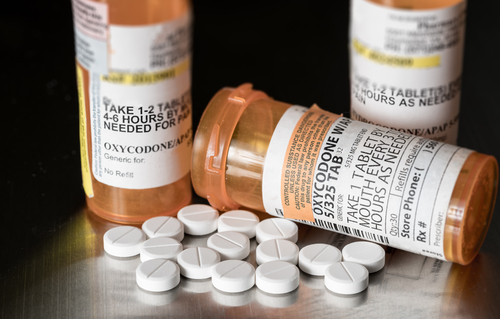What Are the Dangers of Binge Drinking?
Binge drinking, often seen as a fun way to blow off steam, involves consuming a large amount of alcohol in a short period—enough to bring your blood alcohol concentration (BAC) to 0.08% or higher. The National Survey on Drug Use and Health (NSDUH) reported that 61.4 million people ages 12 and older reported binge drinking in the past month. For most people, that’s about five drinks for men or four drinks for women in two hours. While it might seem like harmless fun, binge drinking has some serious risks that can affect both your immediate and long-term health.
Immediate Physical Health Risks of Binge Drinking
Binge drinking can lead to several immediate health problems, some of which are downright dangerous. Here’s what could happen:
- Alcohol Poisoning: Drinking too much too quickly can lead to alcohol poisoning. This is when alcohol reaches toxic levels in your bloodstream. Symptoms include confusion, vomiting, seizures, slow breathing, and even unconsciousness. Without quick medical help, alcohol poisoning can cause permanent brain damage or death.
- Accidents and Injuries: Alcohol affects your coordination and judgment, making accidents more likely. This includes things like falls, car crashes, and even drownings. According to the CDC, about 30% of all traffic deaths in the U.S. involve alcohol. And it’s not just about you—the decisions you make while drunk can also put others at risk.
- Violent Behavior: Alcohol lowers inhibitions, which can lead to aggressive behavior. This might result in fights, domestic violence, or even more severe outcomes. The NIAAA notes that a lot of violent incidents, including sexual assaults and homicides, involve alcohol.
The immediate physical risks of binge drinking are not just about feeling bad the next day—they can have serious, life-altering consequences that affect both you and those around you.
Mental Health Consequences of Binge Drinking
Binge drinking doesn’t just take a toll on your body—it can really affect your mind, too. Alcohol is a depressant, which means it can make you feel worse if you’re already dealing with things like depression or anxiety. That initial buzz might feel good for a while, but it often leads to a crash, leaving you feeling down, anxious, or just plain lousy. This can create a vicious cycle where you drink to feel better but end up feeling even worse in the long run.
Binge drinking can also lead to some seriously risky decisions, especially when it comes to your mental health. The combination of alcohol’s effects and impulsive behavior can result in dangerous thoughts, including self-harm or even suicide. Unfortunately, alcohol is a factor in a lot of suicide attempts, showing just how much binge drinking can affect your mental well-being.
Long-term Health Risks of Binge Drinking
The dangers of binge drinking don’t just disappear when your hangover does. Over time, binge drinking can lead to serious health issues, which may include:
- Alcohol Use Disorder (AUD): Regular binge drinking can develop into a chronic condition where you struggle to control your drinking. AUD can wreak havoc on your relationships, career, and overall quality of life.
- Chronic Diseases: Binge drinking increases your risk for several long-term health problems, including:
- Liver Disease: Your liver processes alcohol, but too much of it can lead to conditions like alcoholic hepatitis, cirrhosis, and even liver failure.
- Cardiovascular Disease: Drinking heavily can raise your blood pressure and increase your chances of heart attacks and strokes.
- Brain Damage: Chronic alcohol use can shrink your brain, leading to memory problems and cognitive impairments that might stick around even after you stop drinking.
The longer binge drinking happens, the more likely you are to develop one of the above diseases.
Social and Legal Consequences That May Come with Binge Drinking
Binge drinking doesn’t just harm your health—it can also create serious social and legal problems. Alcohol lowers your inhibitions, which can lead you to make risky decisions you wouldn’t normally consider, such as having unprotected sex. This can result in sexually transmitted infections (STIs) or unintended pregnancies.
On the legal side, one of the most common issues is drunk driving, which can lead to fines, license suspension, or even jail time if you’re caught. Beyond that, binge drinking can also get you into trouble with the law for things like public intoxication or getting involved in fights, both of which can have long-lasting consequences on your life.
Binge Drinking’s Impact on Relationships
Binge drinking doesn’t just impact you—it can put a significant strain on your relationships with family, friends, and coworkers. The consequences often show up as strained relationships, where arguments, irresponsible behavior, and neglect of responsibilities can lead to broken friendships, damaged marriages, and tense family dynamics. This is particularly tough on children, who might suffer emotional trauma from a parent’s drinking habits. Additionally, excessive drinking can affect your work performance. Frequent hangovers, absences, and poor job performance can eventually lead to job loss, while a reputation for drinking can seriously damage your career prospects and limit future opportunities.
Seeking Help for Binge Drinking
Understanding the dangers of binge drinking is an important first step, but taking action through prevention and seeking help is even more crucial if you or someone you know is struggling. Educating yourself and others about the risks is key—schools, colleges, and families all play a vital role in spreading awareness.
If binge drinking has become a regular part of your life, it’s essential to reach out for support. Therapy, counseling, and groups like Alcoholics Anonymous offer the tools and community you need to break free from the cycle of binge drinking. For those dealing with alcohol use disorder, medical treatments such as detox programs, rehab, and medication-assisted treatment (MAT) can be lifesaving. If you or a loved one needs help, the Louisville Recovery Center is here to provide compassionate and effective support. Don’t wait—reach out today to start the journey toward recovery.








One Comment